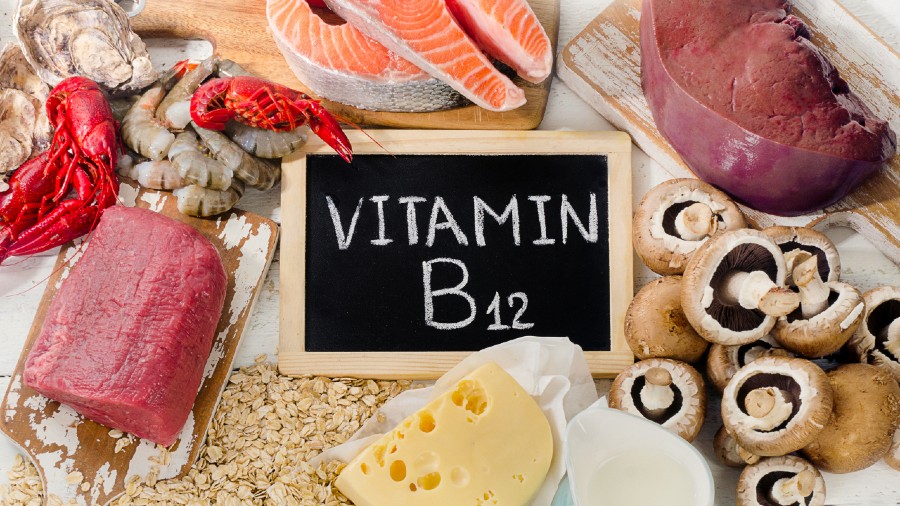As people age, they become weak, get tired quickly, frequently lose their balance, have falls and become forgetful. Some elders are more symptomatic than others. Relatives often have their own diagnosis — age, dementia or Alzheimer’s. The truth may actually be a combination of all these factors.
In the 20th century, the discovery of vitamins, particularly Vitamin B12 or cyanocobalamine, shed new light on these symptoms. The Nobel prize was awarded to two sets of people for discovering and synthesising this vitamin.
Cyanocobalamin is an “essential” vitamin. It is needed for red blood cell formation and proper functioning of nerve cells (neuron), production of DNA and RNA as well as proper metabolism and utilisation of food (carbohydrates, proteins and fats).
Meat, eggs and milk contain Vitamin B12, so a deficiency can occur in vegans. For naturally occurring Vitamin B12 to be absorbed, there has to be adequate stomach acid. The B12 has to combine with the “intrinsic factor” produced by the cells lining the stomach. This compound is then absorbed in the intestines. The gut bacteria also independently manufacture Vitamin B12. Vegans get some B12 from this source.
B12 deficiency can occur due to various reasons:
• As the stomach itself produces less acid with increasing age; 30 per cent of people over the age of 50 years develop decreased stomach acidity.
• Aggravated by thyroid disease and diabetes.
• Metformin can interfere with B12 absorption.
• Sometimes people with acid reflux take antacids and acid-suppressing medication such as omeprazole and pantoprazole for months.
• Parts of the stomach and small intestine may have been surgically removed. This can also occur with weight loss surgery.
• Crohn’s or coeliac disease may damage the intestines.
• An autoimmune disease (pernicious anaemia) can attack the lining of the stomach.
• The diet itself may be deficient in the vitamin.
• Alcohol and smoking can damage the stomach lining.
All these can result in the slow onset of Vitamin B12 deficiency even though the requirements are miniscule: infants up to six months need 0.4 mcg, 7-12 months 0.5 mcg, 1-3 years 1-3 mcg, 4-8 years 1.32 mcg, 9-13 years 1.8mcg, teens and adults 2.4 mcg.
When Vitamin B12 levels are low, the production of red blood cells is altered, causing megaloblastic anaemia. Appropriate Vitamin B12 levels are needed during pregnancy. In conjunction with folic acid, it prevents developmental defects of the brain and spinal cord. It also helps maintain bone health and prevent osteoporosis. It decreases homocysteine levels in the blood and hence prevents age-related macular degeneration of the eye. The vitamin is essential for the production of serotonin, a mood-elevating chemical. Vitamin B12 supplements can help elevate mood and tackle depression aggravated because of an existing deficiency.
Signs and symptoms of Vitamin B12 deficiency are vague. The person may appear pale, lose weight, have palpitations, muscle weakness, fatigue, tingling in the extremities and loss of sensation in the hands and feet. It can cause an unsteady, wide-based gait and result in loss of balance. There may be mental confusion, forgetfulness and personality changes.
Once deficiency of Vitamin B12 is suspected, it can be confirmed by blood tests. The haemoglobin is likely to be low (less than 12mg/dL). The red blood cells are abnormal in appearance and larger than normal. B12 levels in the blood can be tested to confirm the diagnosis.
If the B12 levels are very low, injections may be required. Oral supplements are also available.
The writer is a paediatrician with a family practice at Vellore and the author of Staying Healthy in Modern India. If you have any questions on health issues please write to yourhealthgm@yahoo.co.in










